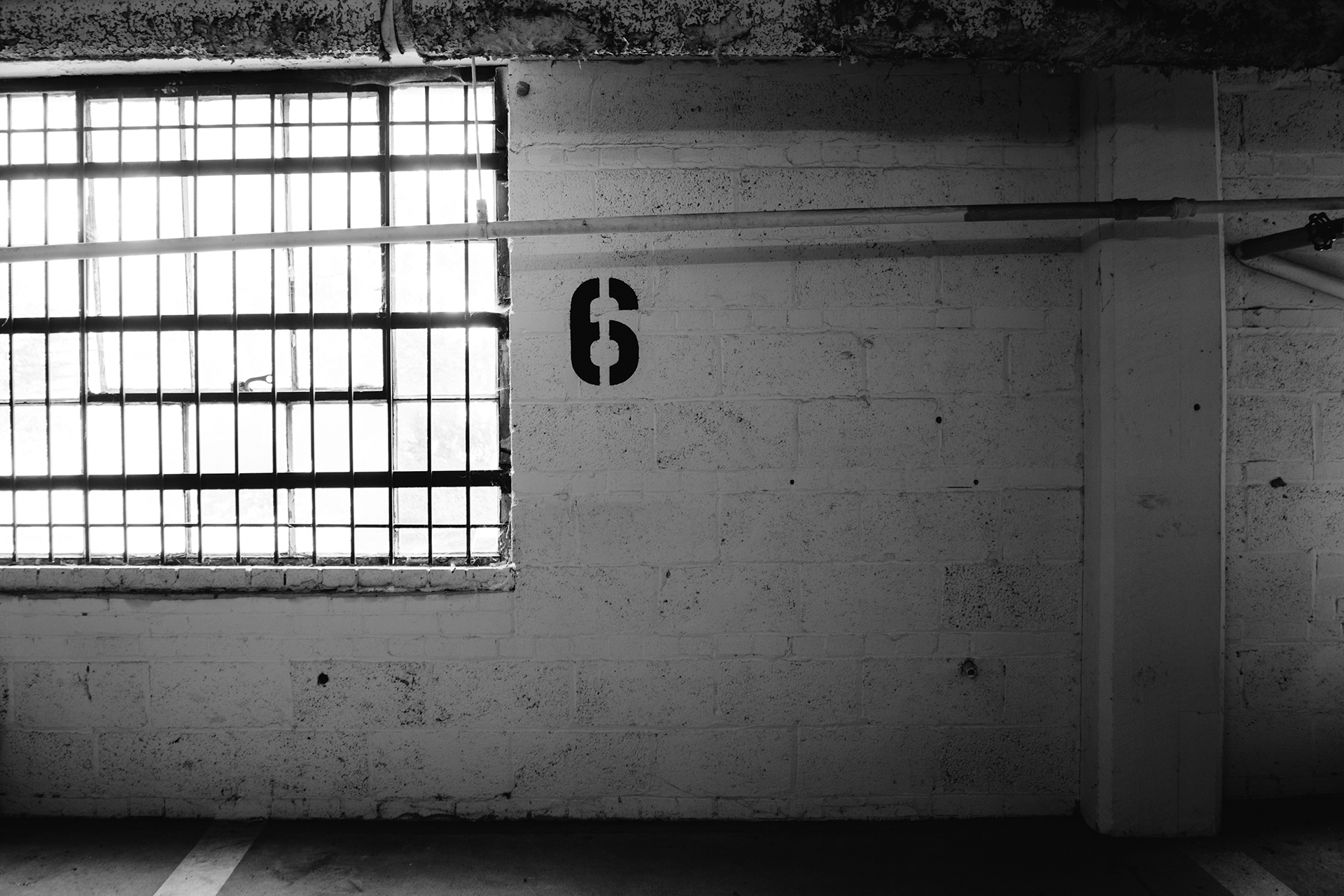As a rule, imprisonment, which was legally imposed should be executed, and a convict placed in a penitentiary institution. Postponement of execution of a final sentence of imprisonment constitutes a derogation from the principle of immediate and continuous execution.
Postponement of execution of a final sentence of imprisonment is possible in the case of mental illness or other serious illness which prevents the exercise of that penalty. Postponement is then performed for the duration of the obstacle. As the implementation of a sentence in this case is either impossible or pointless, the postponement in such case is mandatory. A situation in which execution of a penalty can be life-threatening or cause for serious health hazard for the convicted is considered as a serious illness. The Supreme Court ruled, although on a different legal status in the decision of 21 February 1995, that the severe illness should be understood as the situation in which the nature of the disease, or the size of sustained injuries of a convict are such that – due to the lack of funds for proper medical intervention in the conditions of imprisonment, or at least a significant impediment in applying the recommended method of treatment – it is impossible to avoid in these conditions the life-threating hazard. It is assumed that, despite the passage of time this view kept its relevance.
Postponement of execution of a final sentence of imprisonment can also be optional, that means it will depend on the discretion of the Court. Under article. 151 of The Executive Penal Code the Criminal Court may postpone the execution of a sentence of imprisonment for a period of a year, unless immediate execution of the sentence would create for the convicted or his family too harsh consequences. In relation to the convicted pregnant women and convicted person alone who has the care of the child, the court may postpone the execution of sentence for a period of up to 3 years after birth.
In the doctrine and case law, as an example, it is indicated that the following circumstances justifies the postponement of the execution of a final sentence of imprisonment:
– taking care of another infirm family member, when this care cannot be performed by other family members,
– taking care of an ill family member, when this care cannot be performed by other family members,
– the need to settle important matters either professional or personal,
– the need for urgent work in the field,
– a sudden unexpected event requiring urgent steps to eliminate its effects,
– the need to periodically provide for the family.
Postponing the execution of a sentence of imprisonment, the court may oblige the convict to make efforts to find employment, to report to designated police unit at specified intervals or undergo proper treatment or rehabilitation, therapeutic interactions or to participate in correctional-educational programmes.
An undoubted advantage benefit of this institution is the fact that if the postponement of a sentence not exceeding the period of at least one year is grated for at least one year – the court may conditionally suspend the execution of the sentence on the general principles set out in the Penal Code.
The Supreme Court in its resolution of 25 February 2009 (I KZP 32/08, OSNKW 2009, No 4, pos. 25) stated that “The cumulative postponement period of imprisonment referred to in the art. 151 § 3 EPC flourish opportunity to apply for a sentence of imprisonment pursuant to art. 152 EPC, the period between the closing date of the previously granted postponement of a date subsequent decision to postpone shall be counted only if a request for a further postponement was made before the end of the previously granted period, for a total term given to several times the postponement may not, under any circumstances, exceed one year from the date of the first decision to postpone, unless it comes to a pregnant woman or a period of 3 years after the birth of a child or supervise the care. “
The decision on the conditional suspension of sentence may be appealed against.
The court may grant the postponement of execution of a final sentence of imprisonment to one year, if the number of inmates in prisons or detention centers exceeds the country’s overall capacity; postponement cannot be granted to convicts who committed the crime with the use of violence or threat of its use, convicts under recidivism primary or multiple and convicts who committed an offenses as a permanent source of income or acted in an organized criminal group or association aimed at committing crimes and against the perpetrators of terrorist offenses and convicts for the offenses referred to in article. 197-203 of the Penal Code committed in connection with disorders of sexual preferences.
Postponement may be granted on several occasions, but the total period may not exceed one year; postponement period runs from the date of the first decision on the matter.

